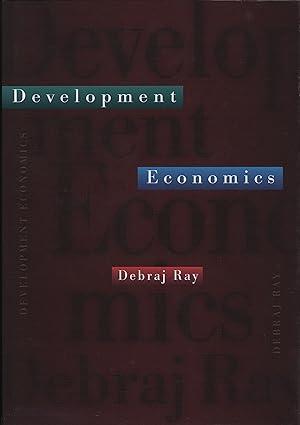Complementarities arise in all sorts of situations. Here is a tax evasion problem. Suppose that each of
Question:
Complementarities arise in all sorts of situations. Here is a tax evasion problem. Suppose that each of N citizens in a country needs to pay a tax of T every year to the government. Each citizen may decide to pay or to evade the tax. If an evader is nabbed, the law of the country stipulates payment of a fine of amount F, where F > T. However, the government’s vigilance is not perfect, because it has limited resources to detect evaders. Assume that out of all the people who evade taxes, the government has the capacity to catch only one, and this person is chosen randomly. Thus, if n people have decided to evade taxes, each has probability 1/n of being caught. In what follows, we assume that people simply calculate the expected losses from each strategy and choose the strategy with the lower expected loss.
(a) If the number of evaders is m, show that the average (expected) loss to an evader is F/m. This is to be compared with the sure loss faced by someone who complies, which is T.
(b) Why is this situation like a coordination game? Describe the complementarity created by one citizen’s actions.
(c) Show that it is always an equilibrium for nobody in society to evade taxes. Is there another equilibrium as well? Find it and describe when it will exist.
Step by Step Answer:






